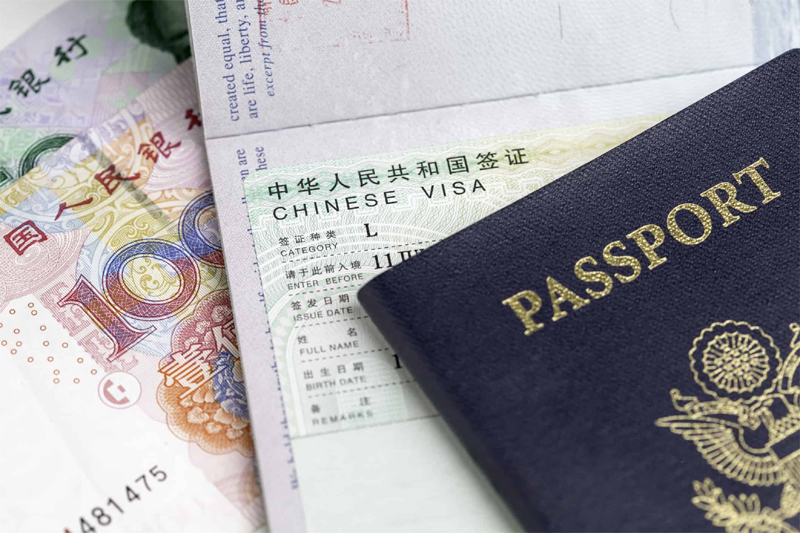Union Sports Minister Anurag Thakur has cancelled his planned visit to China for the 19th Asian Games in Hangzhou. This decision was made in response to Chinese authorities denying accreditation and entry to three sportspersons from Arunachal Pradesh for the games, which commenced on September 23. The Ministry of External Affairs responded to reports of discrimination by Chinese authorities, expressing deep concern as China’s actions violate the spirit of the Asian Games and the rules governing their conduct. This incident echoes a past incident where the Indian Wushu team did not attend the World University Games in China due to similar issues with visas. China’s refusal to grant proper visas to athletes from Arunachal Pradesh for the 19th Asian Games in Hangzhou is viewed as a provocative action that could further strain relations between India and China. This visa denial also raises concerns about a potential violation of the Olympic Charter, which explicitly prohibits discrimination against athletes based on nationality or any other criteria. The visa denial issue is particularly sensitive because it involves sports, which are traditionally seen as a means of fostering international cooperation. China’s decision to politicise sports in this manner is likely to have a detrimental impact on the overall relationship between India and China.
China has consistently engaged in actions that have created tensions with India. The long-standing border dispute between China and India has resulted in military clashes, such as the deadly standoff at the Galwan Valley in Ladakh in 2020. China’s significant investments in infrastructure in disputed regions like Aksai Chin have raised serious concerns in India. China’s close alliance with India’s arch-rival, Pakistan, involving military and financial assistance, is viewed as a security threat by India. Above all, China has used its veto power at the United Nations Security Council to block resolutions critical of Pakistan’s support for terrorism, which India perceives as support for terrorism itself.
China must understand that this is not the India of the 1960s or 1970s. India’s response to all these provocations has been calibrated and multifaceted. India has increased military spending and deployed more troops to the border. India has also acquired new weapons and equipment, with a main focus on those made in India. India has been building infrastructure, which includes roads, bridges and airports all along the border. India is also building new military bases in these areas. India has been deepening its ties with other countries, such as the United States, Japan, and Australia, to counter China’s growing influence in the region. It is also a member of the Quad, a grouping of four countries (India, the United States, Japan, and Australia) that is seen as a counterweight to China.
India’s rising influence and prominence on the global stage have indeed been a source of attention and contention with China. Events like the recent G20 summit hosted by India highlight the country’s growing clout in international affairs. However, it’s essential to recognise that tensions between nations, such as those between India and China, can manifest in various ways. The denial of visas to Indian athletes from Arunachal Pradesh for the Asian Games can be seen as a concerning development in the context of these tensions. This action is perceived by India as a form of provocation, and it’s clear that India has responded strongly to such actions in the past. India’s diplomatic protests and its resolve to address such issues through diplomatic channels are consistent with international norms. Diplomacy remains a primary means of resolving disputes between nations and China has to shun its expansionist mindset. Both countries need to engage in constructive dialogue and diplomacy to resolve their differences and avoid escalations that could lead to further tensions or conflicts. Encouraging peaceful resolution and adherence to established norms and agreements in such situations is always a better option.
Trending Now
E-Paper


